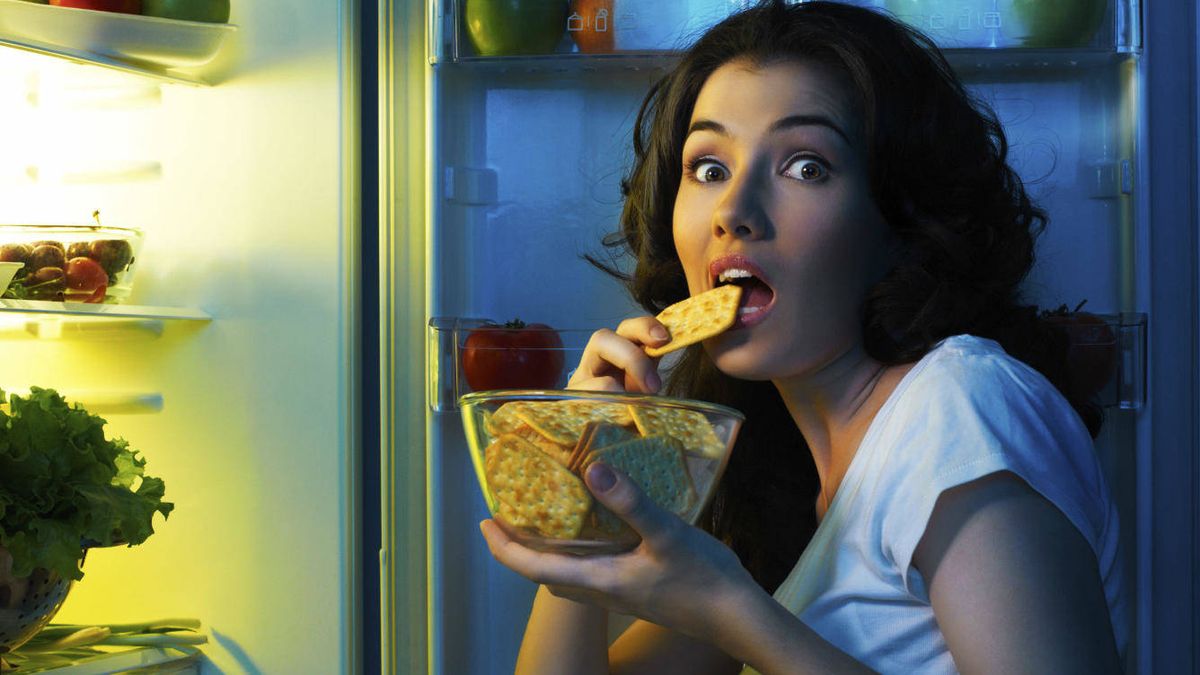Late eaters versus early eaters
The study included 26 participants between the ages of 50 and 70 who were overweight or obese and had prediabetes or type 2 diabetes. The participants’ glucose tolerance was compared and they were divided into two groups: early eaterswho had the highest calorie intake before the evening, and late eaterswho ate 45% or more of their calories from 5 p.m. Both groups they consumed the same calories and foods throughout the day, they just did it at different times. Participants used a mobile app to record their meals in real time.
The most important finding is that late eaters tolerated glucose worse, regardless of their weight or diet composition. It was also observed that they tended to eat larger amounts of carbohydrates and fats in the afternoon and evening.. At night, the body’s ability to metabolize glucose is reduced, because insulin secretion and the sensitivity of cells to this hormone decrease due to the circadian rhythmdetermined by a central clock in the brain that is coordinated with the hours of light and night.
The importance of mealtime
The research therefore represents an important finding about the implications that the time we eat food has for health. “So far,” says the researcher, Dietary adjustments are based on two main questions: how much to eat and which foods to choose. With this study A new question is becoming of great importance in cardiometabolic prevention: when to eat.
Based on the research, and with caution as more research will be needed to delve deeper into the topic, The research recommends that food intake occurs mainly during the sunny hours of the day. And “the largest contribution to calories in the day comes at breakfast and lunch, rather than at snack and dinner. The study It also recommends avoiding the consumption of ultra-processed products, fast food and foods very rich in carbohydrates, especially at night..

